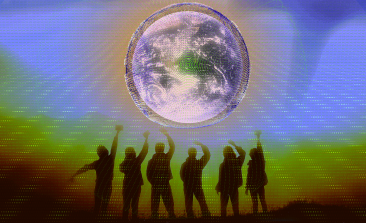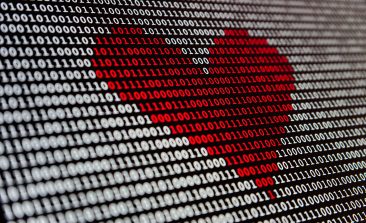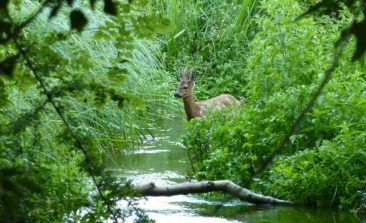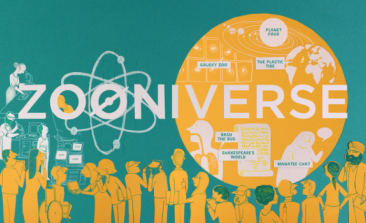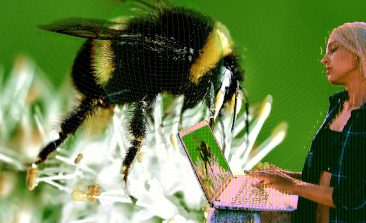Content to: Citizen Science
RESET Special Feature: Civic Tech – Ways out of the Climate Crisis with Digital Civic Engagement
With the help of digital tools, citizens can uncover environmental problems, collect important data and support protective measures. In our new upcoming Special Feature, we explore the question: How can civic tech solutions advance climate protection?
Harnessing Digitalisation to Protect Mediterranean Great White Sharks
Among the ocean’s predators, the great white shark is possibly the most feared. Yet, despite its notoriety, the Mediterranean white shark population remains shrouded in mystery.
The Trust-Building Power of Social Licenses for Data
Social licenses can serve as a pathway to bridge the trust gap that exists when openly sharing data, an idea that continues to instill distrust among some citizens.
Ghana’s Citizen Science Strategy to Track Plastic Pollution at Home and Abroad
Ghana's initiative to monitor and report marine plastic pollution using data generated by the public represents a milestone in citizen science.
How Sensors on Walls and Balconies Can Help Citizens Clean Up Air Pollution
The air in our cities is polluted. With sensors, citizens can collect measurements, allowing them to uncover sources and build up political pressure.
KInsecta: A Census for Insects
How many insects fly around us? Which species are out and about in our gardens, meadows and cities? It’s not an easy question to answer. But in the future, the KInsecta project will make it possible for researchers and interested laypeople to easily collect and evaluate data on the local insect world.
Passive Citizen Science: Could Your Animal Photos Be Helping Science – Without You Even Knowing?
Citizen science usually requires an active participant to get - and stay - involved. Now researchers have been experimenting with a passive approach that deputises photographers into conservation and nature research, without them having to do anything.
Zooniverse: A Million Volunteers are Helping to Spot Animals, Transcribe Records and Weather Watch in the Name of Science
Whether its counting penguins, deciphering historical records or listening to the stars, Zooniverse harnesses people power to assist in breaking down the big data behind scientific research.
Citizen Science – Everyday People Supporting Scientific Research
Counting birds, analysing satellite images, measuring air values - many organisations and research institutions rely on citizen support for research work. New digital tools make it even easier for lay researchers to contribute to new findings.
